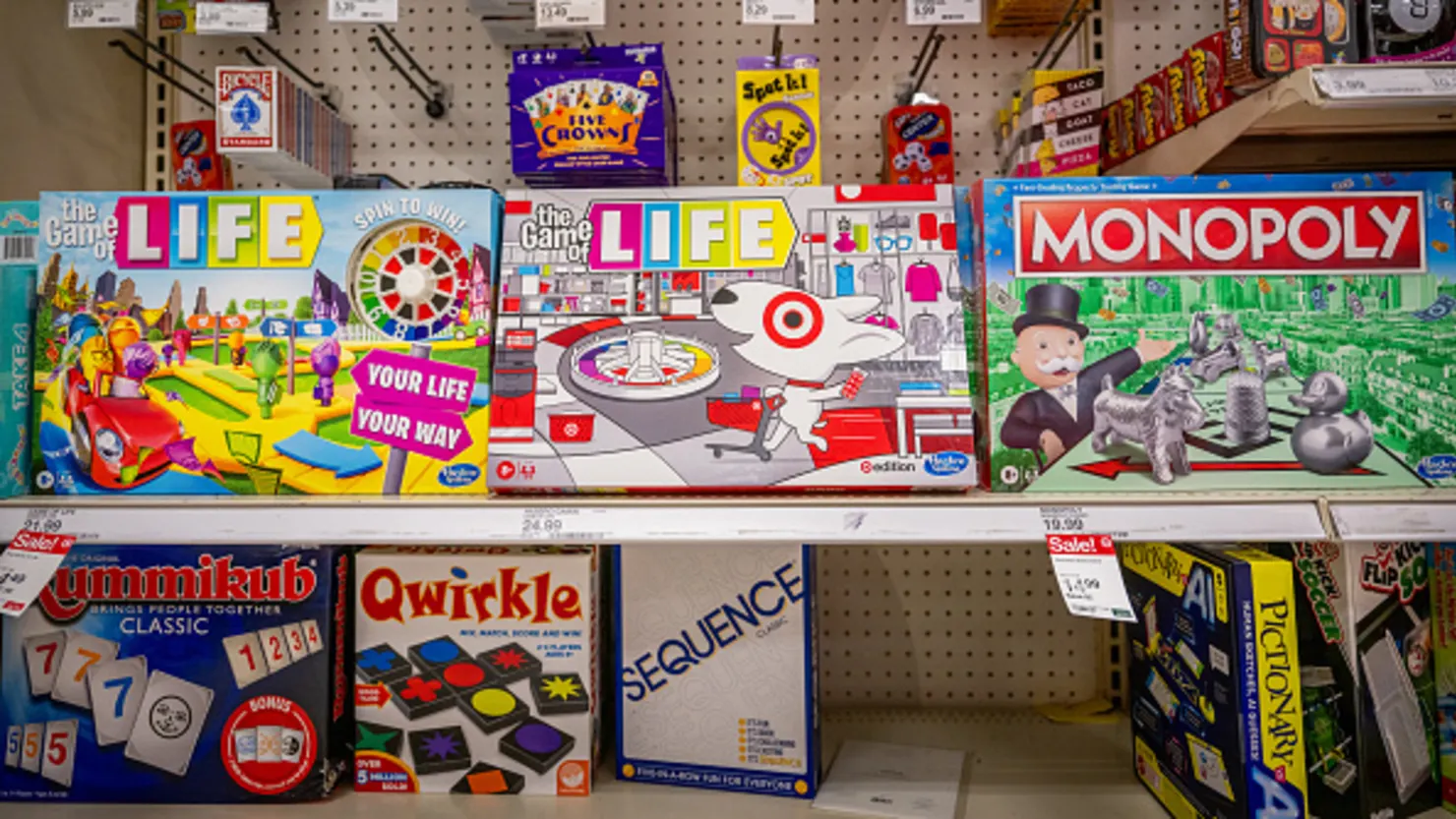Hasbro, the iconic toy maker behind brands like Play-Doh and Monopoly, reported stronger-than-expected earnings, but investor attention remained fixed on the escalating trade tensions between the United States and China. The company warned that President Donald Trump’s proposed 145% tariff on Chinese imports could result in a financial impact of up to $300 million in 2025.
According to Hasbro’s Chief Financial Officer and Chief Operating Officer, Gina Goetter, the company has modeled a range of potential outcomes, including scenarios with tariffs as low as 50% and as high as 145% on Chinese goods, and 10% for the rest of the world. These estimates reflect a gross enterprise-wide impact of $100 million to $300 million before mitigation efforts are applied.
CEO Chris Cocks emphasized Hasbro’s preparedness despite the pressure, crediting its diversified business model and strategic flexibility for the company’s ability to maintain its full-year financial guidance. He warned, however, that prolonged high tariffs would inevitably introduce structural costs and increase consumer prices. Cocks also noted the risk of job losses as the company seeks to balance rising costs and protect shareholder value.
While some of Hasbro’s divisions are less affected by tariffs, others face significant challenges. The company’s U.S. games business, including Wizards of the Coast titles like Magic: The Gathering and Dungeons & Dragons, has limited exposure, with much of the manufacturing based in the U.S. and Japan. In contrast, the toy segment is more vulnerable due to its reliance on Chinese manufacturing, especially for items involving electronics or specialized components.
To reduce dependence on China, Hasbro is exploring options to shift parts of its supply chain to countries such as Turkey, which could help reroute Play-Doh production from China to Turkey for U.S. markets, while reallocating Chinese supply to Europe. However, some products are harder to relocate due to the specialized manufacturing infrastructure that has developed in China over decades.
Much of the potential supply chain shift is expected to become visible in 2026, dependent on the capabilities of alternative manufacturing sites. Meanwhile, Hasbro is accelerating a $1 billion cost savings initiative to counterbalance tariff-related expenses. Despite these efforts, the company acknowledged that price increases will be necessary under a 145% tariff regime, though it aims to apply them selectively to minimize the impact on consumers.
Company executives reiterated that Hasbro’s strategy remains flexible and responsive to any changes in U.S. trade policy, expressing hope for a more stable and favorable environment in the near future.
READ MORE:
